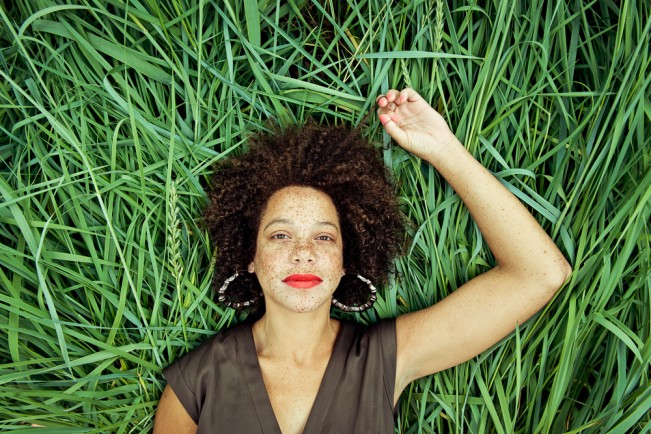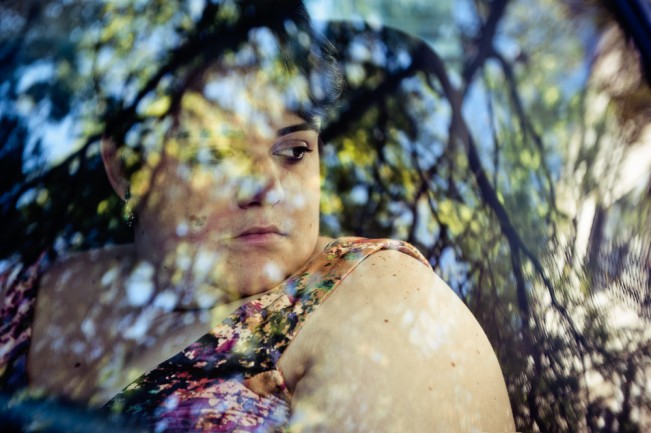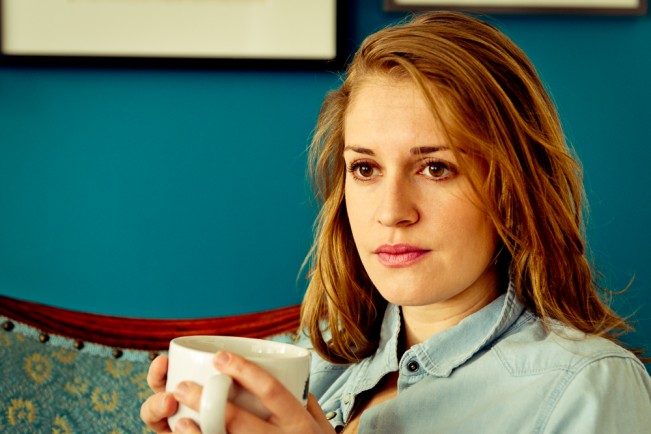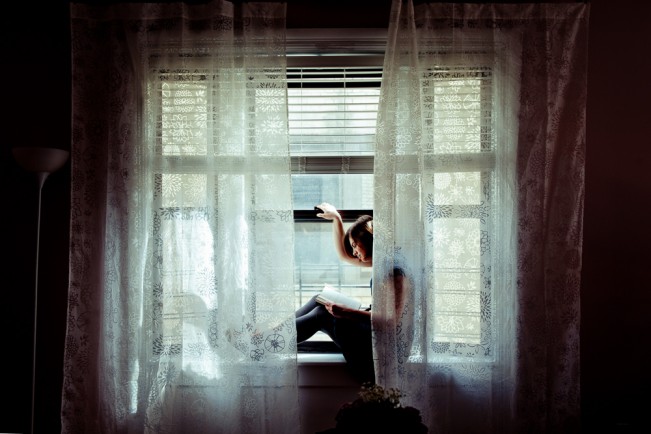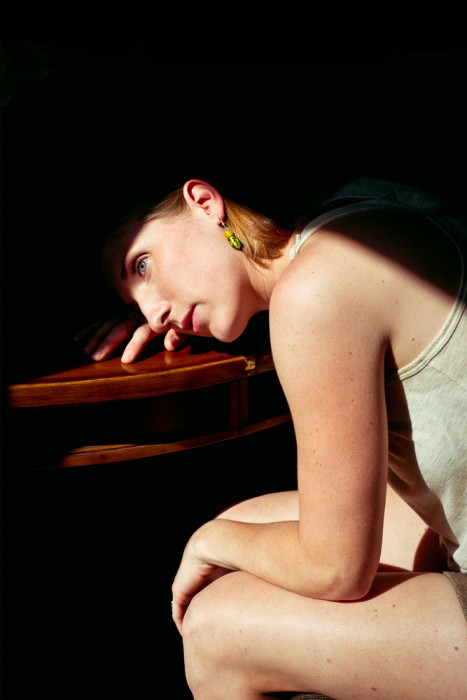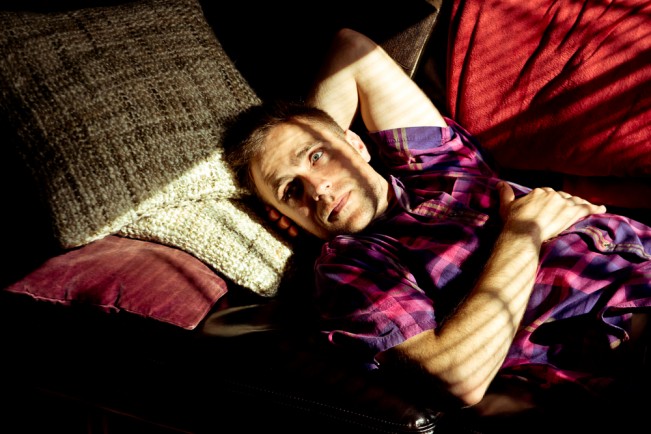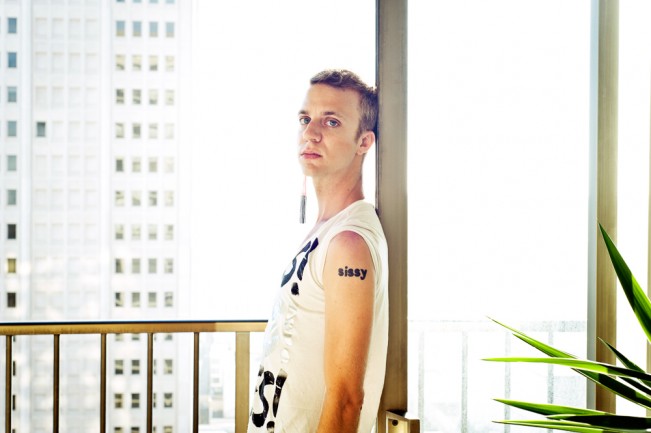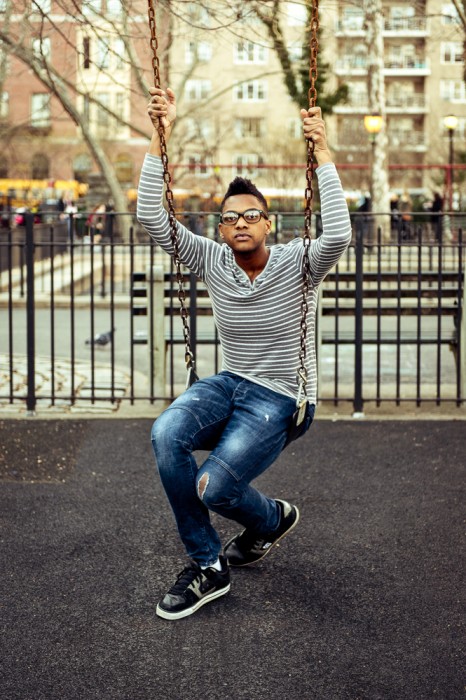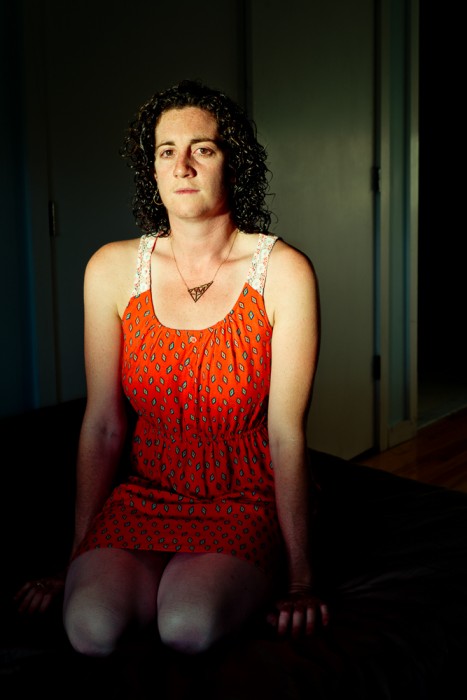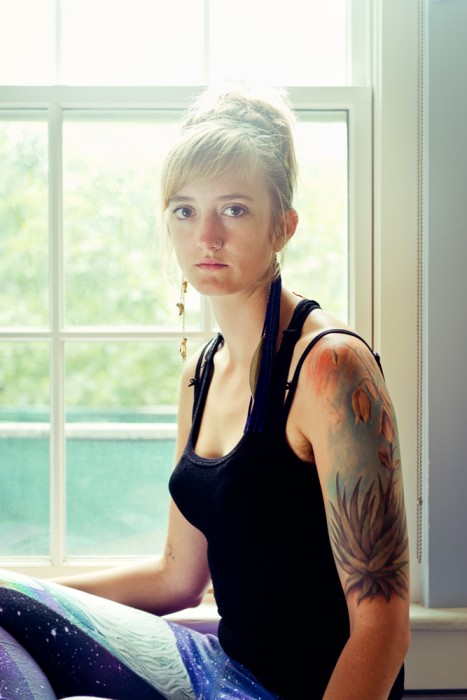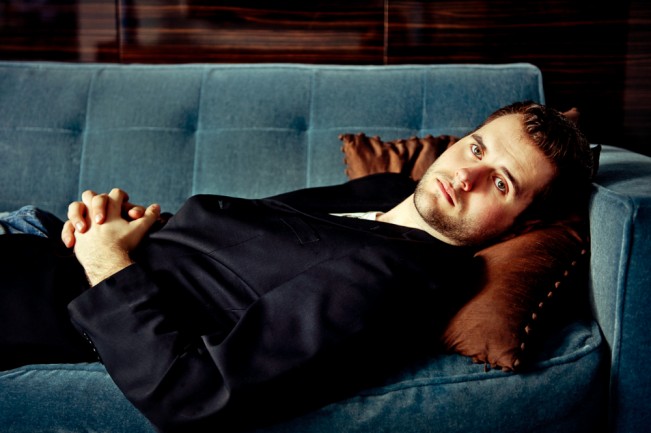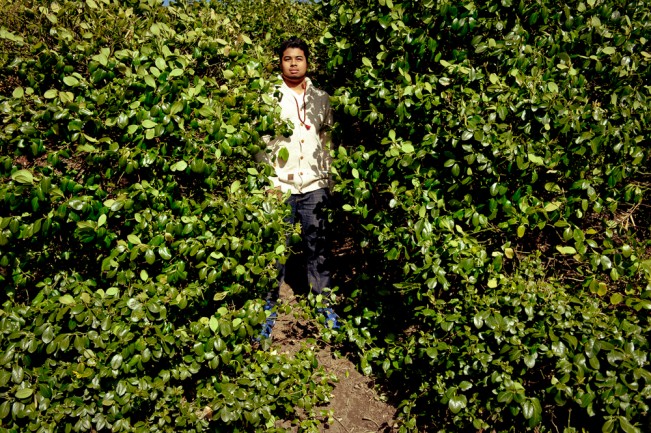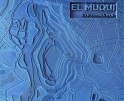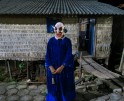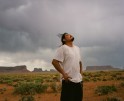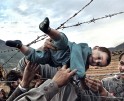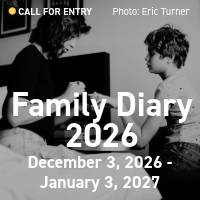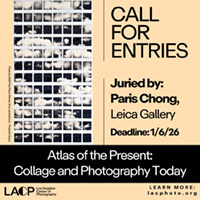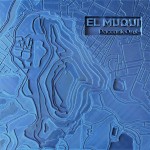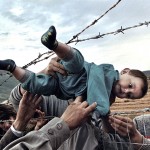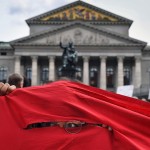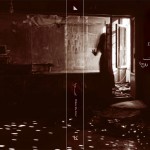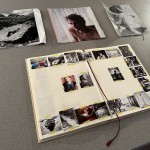Gabriela Herman: The Kids
“He said, ‘It’s time for me to confront my identity’, and I asked ‘Are you gay?’ and he says, ‘Well, I haven’t had any experiences to be sure.’ And I think the next words out of my mouth were, ‘Dad, I’m pretty sure you’re gay.’”
Photographer Gabriela Herman states:”Judges, academics, pundits and activists keep wondering how children are impacted by gay marriage. Maybe it’s time to ask the kids”.
For the past four years, she has been photographing and interviewing subjects with one or more L.G.B.T. (lesbian, gay, bisexual, transgender) parent. Their experiences are wide ranging. Some were adopted, some conceived by artificial insemination. Many are children of divorce. They were raised in urban areas, the rural Midwest and all over the map. They juggled silence and solitude with a need to defend their families on the playground, at church and holiday gatherings.
Here are their stories. And her own.
My mom is gay. But it took me a long time to say those words out loud. She came out nearly 20 years ago when I was in high school. My parents soon separated and eventually she married her longtime partner in one of Massachusetts’ first legal unions. It was a raw and difficult time. I hardly spoke to her for a year while I studied abroad. It felt like a fact that needed to be hidden, especially among my prep-school classmates. The topic was taboo even within our otherwise tight-knit family. Five years ago, at age 29, I embarked on a project to meet, photograph and interview people with similar stories. Despite living around the world, I had never encountered anyone else raised by a gay parent. My sister, living in San Francisco, connected me with the non-profit group, COLAGE, the only national organization focused on supporting those with L.G.B.T.Q. parents. I have since documented the stories of dozens of children and met many more. Each portrait and interview has become, in an unexpected way, my own therapy session. While my experience was difficult, I am hopeful that won’t be the case for the next generation.
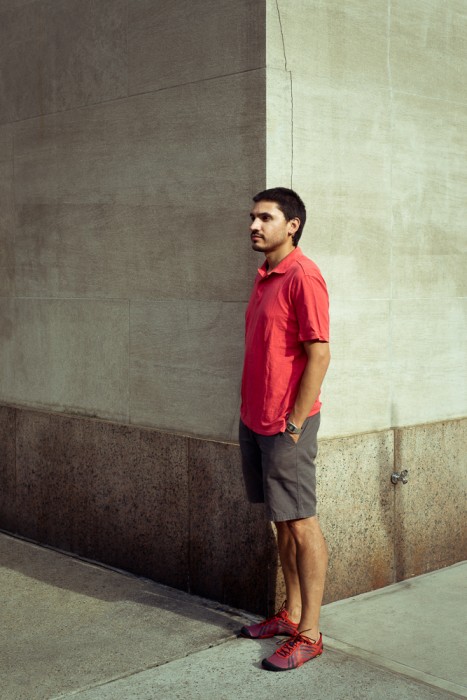
Aaron, raised in Berkeley, California, by his two moms and, after their separation when he was seven, by his mothers and step-father
“My moms split up when I was about seven, because my biological mom fell in love with a man. I knew my family was different, but it wasn’t weird different; it was just a different kind of family.”
“When I was about four, my friend and I were playing house and she always got to play the mom and this time I was not gonna have it. We got into a big heated fight about it. So my mom comes running inside to ask what’s the matter, ‘Why don’t you both play the mother?’ And I looked at her incredulously and said, ‘You can’t do that’ and she looked at me and said ‘Danielle, you have two mothers!’”
“I slowly started to come out to people [about my mom] after college. It went from like a fourth or fifth-date conversation to like a first-date conversation.”
“I knew that there was other structures of families because I would see my friend’s families and my aunts and uncles and I knew that people had something called a mother that I didn’t necessarily have, but I didn’t really think that I was so much in the minority. I wondered about my birth family and my birth mother in particular, but in terms of my own development, I don’t feel like I suffered because of it. I think that my parents did a fantastic job of helping to raise me to be a strong woman, but in terms of that question piece about where did I come from– sometimes I still wonder that, and then other times it just kinda disappears in terms of its importance.”
“I was raised by my mom and her different partners, but a lot of her past partners and friends were in my life, to the extent that I feel I was raised by a lot of different women.”
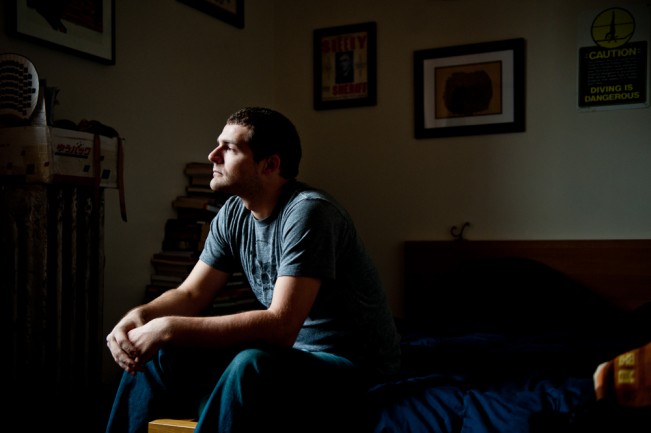
John, raised in New England by his mom and Seattle by his dad, who came out when he was two, and his dad’s partner
“The first time it was ever spoken about was when my mom bought this book ‘Daddy’s Roommate’.”
“Living in New York has made me more accepting. It makes it easier to talk about it. Where I grew up, no one was gay, nobody talked about it. But here, everyone you meet is gay and everyone talks about it and it’s a great thing.”
“I remember a conversation with my mom where she was talking about how she would like to marry another woman. When I was really little I wanted to marry my best friend so I was like, ‘Oh, it’s like me and Sarah?’ She was like, ‘No, not like you and Sarah.’”
“The fact that my parents were divorced way overshadowed the fact that my dad was gay. I think it’s great for [my son] because he’s growing up with two grandpas and will never know the difference. My dad is not more of a grandpa than [his partner]; he’s growing up with both of them, at the same time, they’re both equally as much grandpas.”
“My mom being gay was always really easy for me to accept because I was brought up in a way to accept all people. It was unusual, but it wasn’t hard at all. If the situation was worse for my mom, if it was harder to be gay than it is for her, then I probably would be more determined to fight for her rights.”
“My dad is gay. He’s still really in the coming-out process right now. I had an inclination that my dad was gay from the very beginning of time. I always knew I was queer, which helps. I would see early on in my childhood, my father using the same behaviors to conceal his own femininity that I did, like he would uncross his legs, or he would stop talking with his hands.”
“Me and my moms have always been super close, but, of course there was that young teenage phase of hating her. But now she’s like my rock and always there for me. I love her.”
“In college I was in a class about social justice and there was a guy there who brought up the fact that he has two moms. And I was like, ‘Oh my God!’ Actually my initial reaction was that I was kind of upset because at that point it felt like my own thing. And I was finally being ok with having been so isolated that finally finding someone in my community I was like, ‘Wait a minute, that’s the thing that sets me apart!’ but of course we got to be really close and it was really amazing. ”
“I think the operative word in describing our family is not LGBT, it’s in family. If you look at the vast majority of things that define who my moms are, or who my family is, it’s really no more accurate to say that my moms are gay married, than to say they are Packers-fan married or work-in-healthcare married. They’re both really just about as accurate in describing who my moms are.”
“Everyone in my family is adopted. I had less trouble with two moms and more issues with finding myself, you know, with race and ethnicity.”
Gabriela Herman is an editorial and commercial photographer who specializes in travel, food, lifestyle and portrait work around the globe bringing a fresh and vibrant energy. Her personal projects have received attention in outlets such as the New York Times, Wired and the Atlantic and been exhibited worldwide. When not out on the road, she divides her time between Brooklyn and Martha’s Vineyard. Her work has been recognized in American Photography 30 & 31, as a Critical Mass Top 50 finalist and a top emerging photographer by the Magenta Foundation. Clients include Conde Nast Traveler, Martha Stewart Living, Cosmopolitan, Google, and the Travel Channel.
Posts on Lenscratch may not be reproduced without the permission of the Lenscratch staff and the photographer.
Recommended
-
Paccarik Orue: El MuquiDecember 9th, 2025
-
Lauri Gaffin: Moving Still: A Cinematic Life Frame-by-FrameDecember 4th, 2025
-
Dani Tranchesi: Ordinary MiraclesNovember 30th, 2025
-
Art of Documentary Photography: Elliot RossOctober 30th, 2025
-
The Art of Documentary Photography: Carol GuzyOctober 29th, 2025

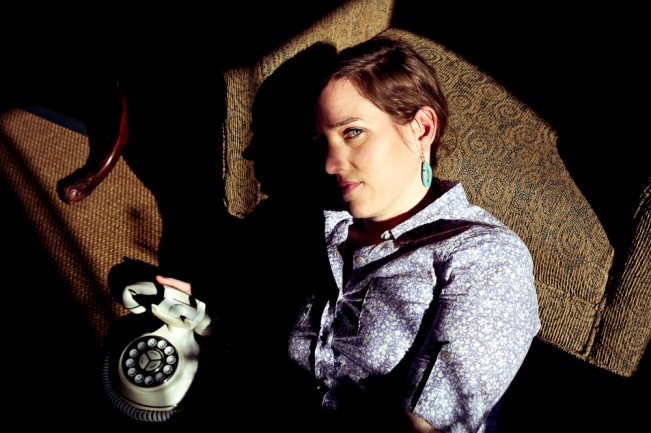
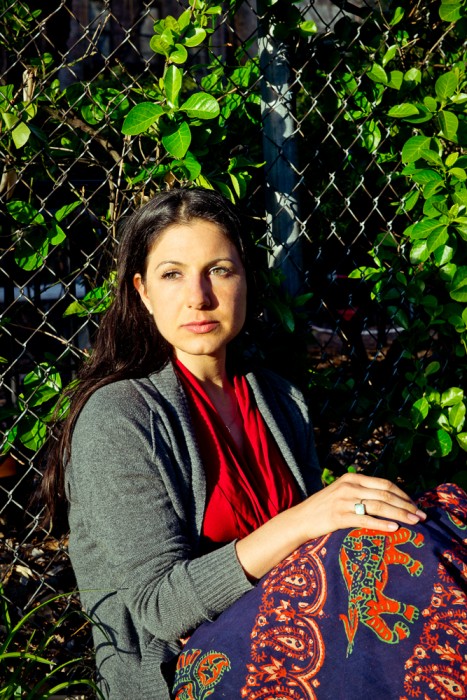
![Dori Kavanaugh, raised in New Jersey by her dad and mom, who came out when she was 8 “I slowly started to come out to people [about my mom] after college. It went from like a fourth- or fifth-date conversation to like a first-date conversation.”](http://lenscratch.com/wp-content/uploads/2015/07/Dori_Kavanaugh-651x434.jpg)
